What Herbs Help With Depression – Here are 5 Herbs
Depression affects millions of people across the world, but that doesn’t mean they have to suffer in silence. Drug therapies can help battle the disease for some and medication, physical exercise, a balanced diet, and other natural treatments have beneficial effects for others. Today we will discuss about what herbs help with depression.
Here are five herbs and spices that could help battle depression from close and far and get you back on track. As always, before starting any new supplement or food ingredient, consult with your medical professional.
Saffron
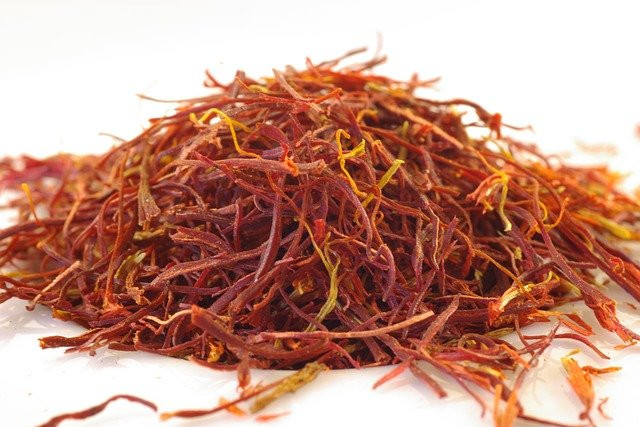
Saffron is a spice that comes from a dried portion of a crocus in the iris family, a herb. The use of saffron stigma (the end of the carpel, or rod-like stem, in the flower) has been shown to be beneficial in treating mild to moderate depression, according to a study in Alternative Medicine. To make saffron spices, dried stigmas (thread-like pieces of the flower) are used. For a single pound of saffron spice, it will take 75,000 saffron blossoms to grow. Medicine is also used to make stigmas, and even petals.
Saffron, grown and harvested mainly by hand, regarded as the most expensive spice in the world, has shown great success in coping with the symptoms of depression. The successful saffron compound called crocin was described by Chinese researchers in the Journal of Natural Medicines. Crocin functions as a flavonoid that has been shown to be both an effective cure for depression and Alzheimer’s disease. A small amount of saffron is recommended while cooking and in recipes.
Curcumin
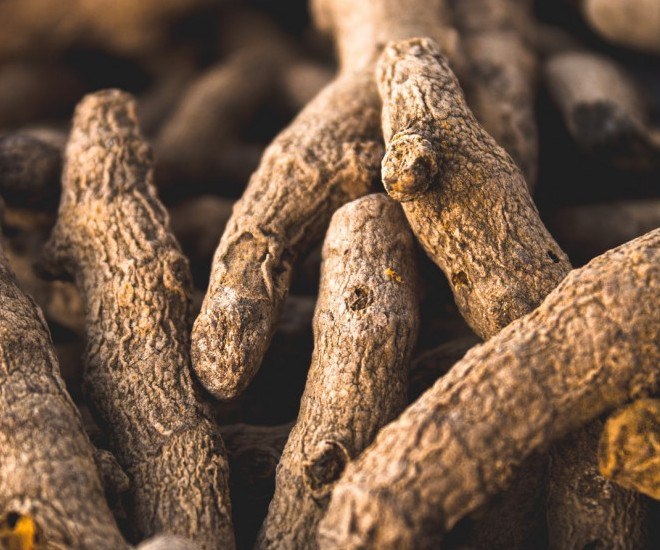
Turmeric is well-known for its medicinal properties, and research suggests that curcumin, a turmeric derivative, may be a natural, side-effect-free antidepressant. It functions by combating the release of cytokines (small proteins) once again, which impairs the balance and stress response of the body. At most health food stores, curcumin capsules are available.
Researchers are finding mounting evidence that an anti-inflammatory compound might help reduce symptoms of major depressive disorder (MDD) in a popular kitchen spice. The active ingredient in turmeric, the Indian spice that gives yellow coloring to foods such as curry, butter, mustard, and cheese, is curcumin. As a cure for different illnesses, it has long been a keystone in Ayurvedic and traditional Chinese medicine.
In treating major depression and atypical depression, Turmeric has shown great success. Studies performed over the last decade show that this spice is promising. Although the doses used in some studies might be large for cooking (500 mg twice a day), after 4-8 weeks, even moderate use of turmeric in cooking shows improvement in mood and mental clarity.
Black Pepper
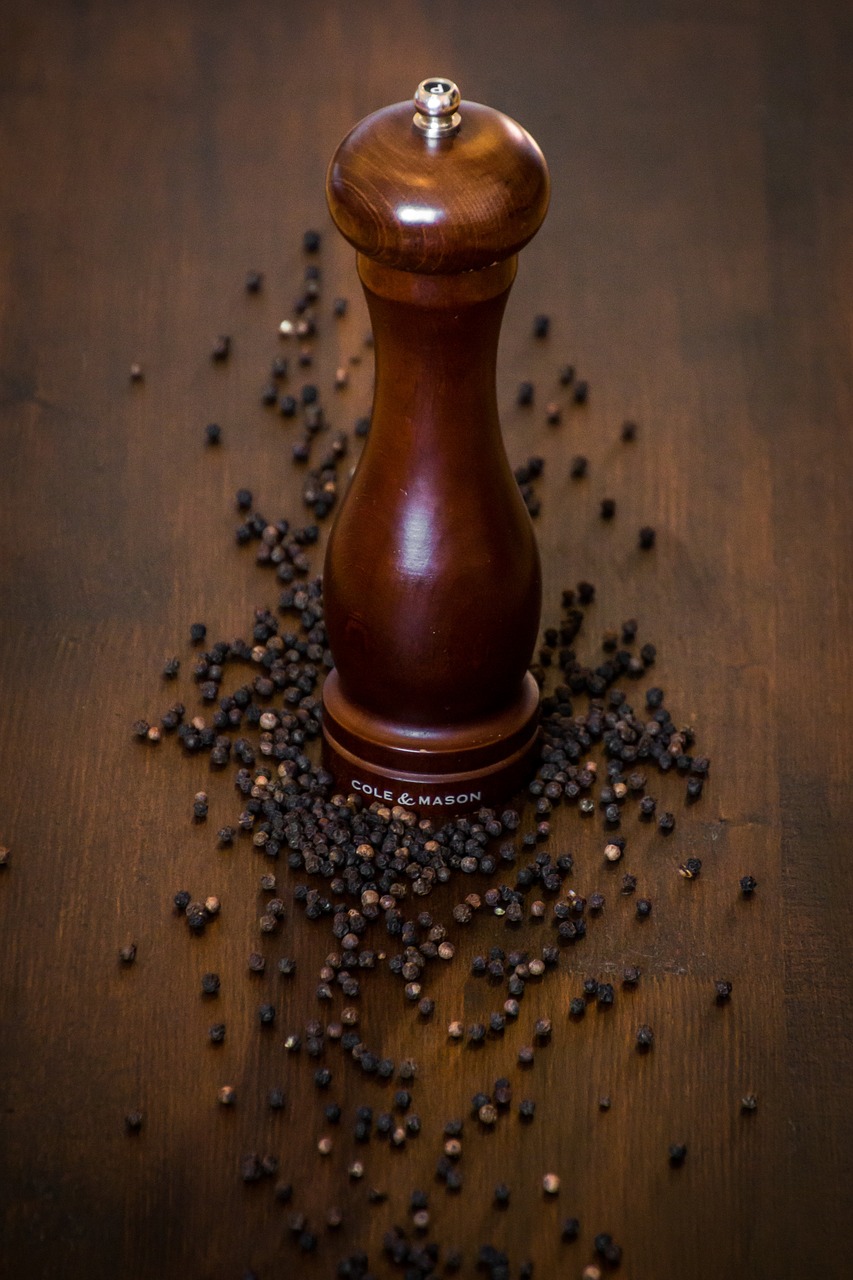
Ever before the Great Pyramids of Egypt were around, pepper has been permeating our culture. Statistics indicate that black pepper increases cognitivity and function of the brain, so add a dash before cooking for optimum results with your salt. Black pepper is reported to act as a natural anti-depressant, according to a study published in the Journal of Food and Chemical Toxicology.
It includes a substance called piperine, which is found to alleviate anxiety and improve the brain’s cognitive function. Piperine also assists in relaxing the nervous system and inhibiting the activity of monoamine oxidase (depression-responsible molecules). Black pepper is also found to raise the levels of serotonin (happy hormone) and noradrenaline (neurotransmitter) in addition to having anti-depressant like behavior.
It is found that daily intake of this spice increases brain function and makes you smarter and stress-free. Through adding it to your meal preparations, as a spice or in salads, you will achieve the anti-depressant properties of black pepper.
Cloves
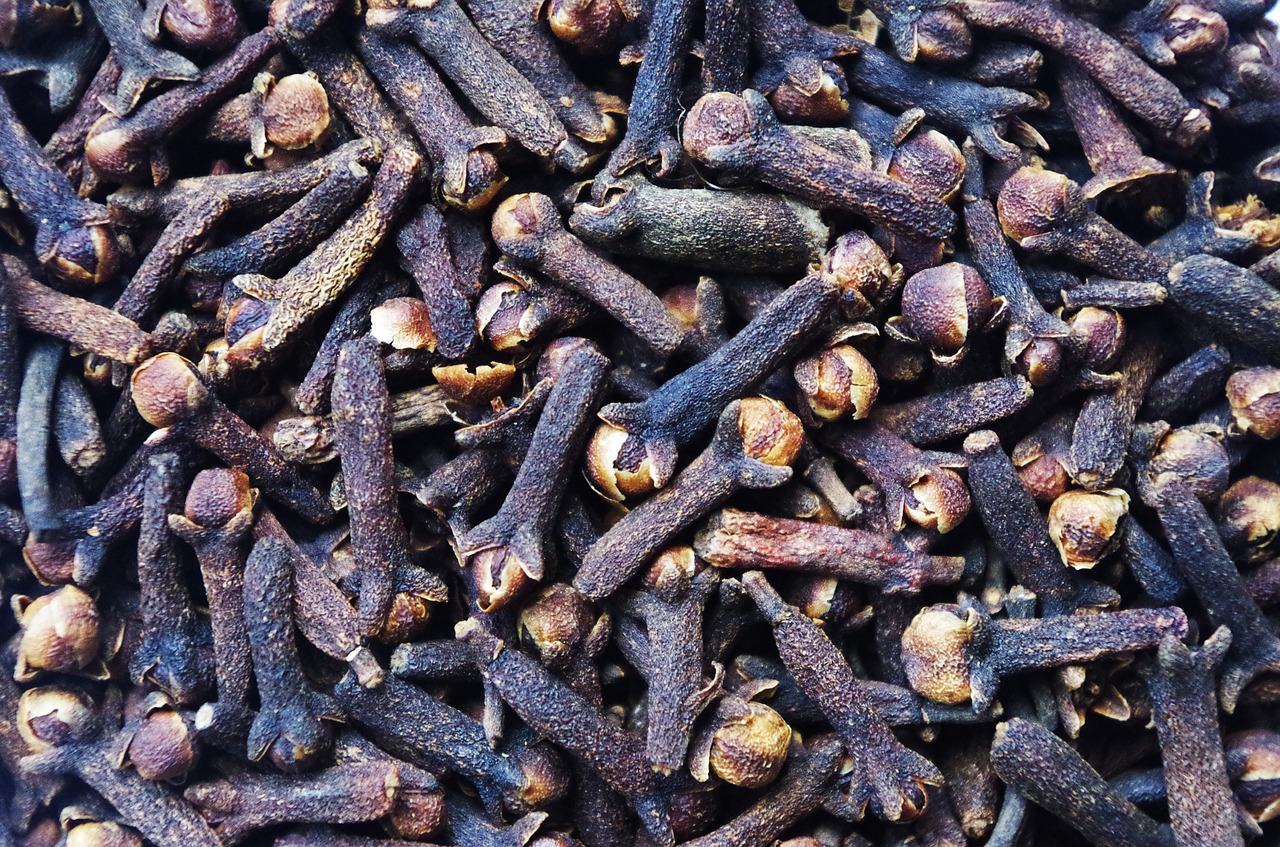
Cloves contain 12-26 percent oil, with the main constituents being eugenol (70-90 percent) and beta-caryophyllene (as high as 7 percent). Furfural, methyl salicylate, and alpha-pinene are other ingredients present in the oil. Depending on the quality and origin of the clove tree, the composition of the essential oil may vary. Eugenol prevents prostaglandin and explains the analgesic effects of cloves and their anti-inflammatory properties.
With hanging branches, it has a pyramid-shaped crown and glossy green, ovate and aromatic leaves opposite it. On the tips of the leaves, the flowers rest in terminal clusters. The flowers are bell-shaped and have white crowns and red cups. A small berry that contains one or two seeds is the fruit.
A chewing gum (called Glove Chewing Gum) was launched years ago that boasted a special taste of cloves and natural flavonoids. Cloves contain potassium, iron, magnesium, and selenium and are an exotic spice. A star electrolyte that is proactive in regulating blood pressure and heart rate has long been known as potassium. This alone will relax nerves, decrease stress and alleviate mild anxiety.
The people of India have indulged in the use of cloves in teas, narcotics, and more for centuries.
Nutmeg
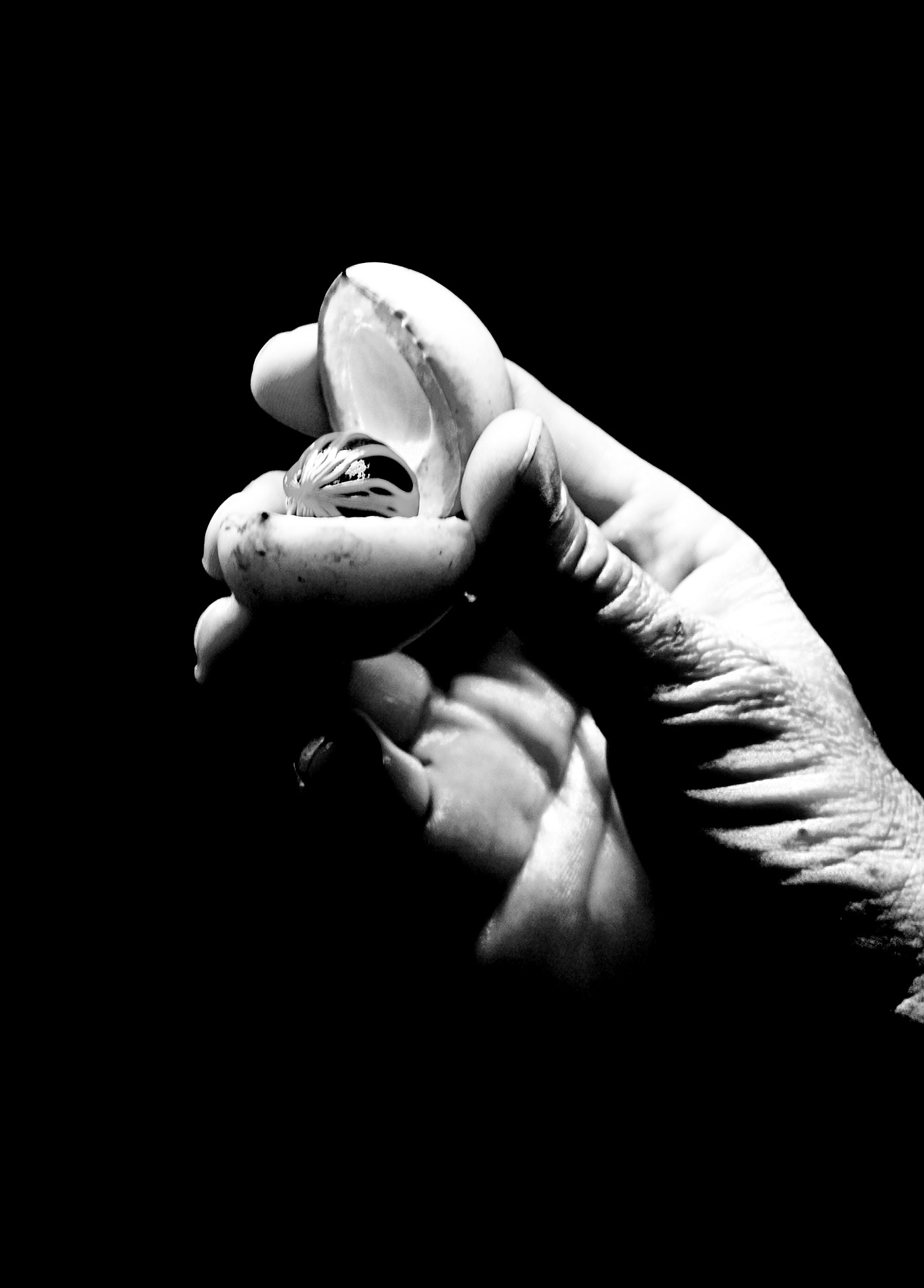
Nutmeg is a spice that has been used to increase the flavor of culinary dishes and drinks since ancient times. Nutmeg has various compounds that give it its complex aroma and medicinal effects, including myristicin and sabinene. As a drug, it is a circulatory stimulant and relieves pain in conditions like arthritis, neuralgia, etc.
In mitigating depression, Nutmeg has been shown to be beneficial. Nutmeg has been used for its anti-anxiogenic (anti-anxiety) effects since the 16th century. It is an anti-inflammatory as well. Studies have recently shown that depression and anxiety can have inflammatory causes, and so the use of nutmeg and other anti-inflammatory spices can help with that.
Nutmeg is used as a topping for applesauce along with cakes, puddings and sweet sauces. Nutmeg is a fragrant spice hailing from the Caribbean, which has been shown to dispel the symptoms of depression. Regulated experimental studies performed on animals not only show encouraging results of the connection to nutmeg and depression for holiday desserts; there is reason to suggest that the therapeutic properties in nutmeg relieve the onset of the disease. Nutmeg has a unique, unforgettable flavor that is easy to savor and love in your recipe.
Reference:
- https://www.pnas.org/content/111/33/12246.short
- https://www.bbc.com/news/business-41110151
- https://healthyeating.sfgate.com/effect-black-pepper-brain-8604.html
- https://pubmed.ncbi.nlm.nih.gov/21477634/
- https://www.discovermagazine.com/mind/depressions-dance-with-inflammation



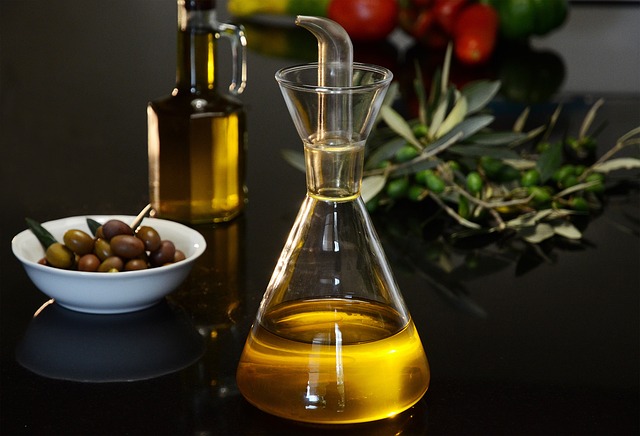
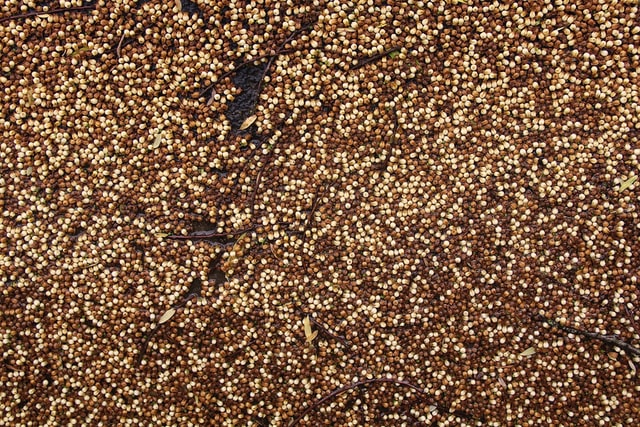
I love some of the spices you have listed. I never new it can help with depression. Black pepper i use all the time on everything. I would make sure that I would have all the spices here because today what we are going through it will make anyone depressed and to know if you cook it will help a little but still need medical help if you are depressed. I heard of Turmeric but never cooked with it.
I should get to know about it because it does more than just flavor food. Saffron I heard of but again never used. Thank you for this information.
Thank you much Alicia